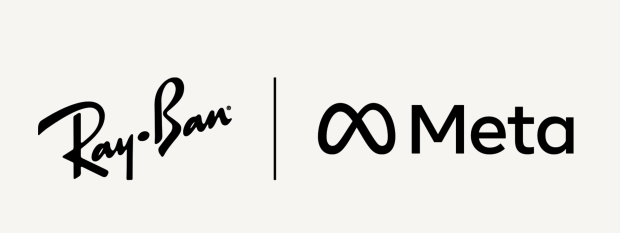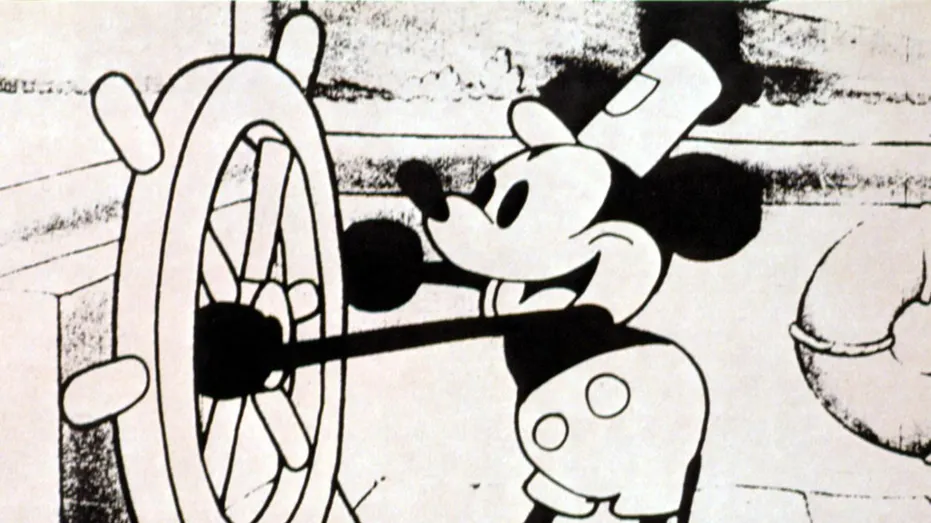Why Vegetarianism/Veganism is No Longer a FAD, but a Necessary Lifestyle for a Sustainable Planet

October 13, 2017
Eliminate all myths from your head when reading this article. Vegetarians and Vegans don’t only eat salad. Vegetarians and Vegans alike are healthy and can receive all the essential nutrients through a plant-based diet. Now, I’m not a doctor, or a nutrition specialist – The knowledge I have is from first-hand experience of being a vegetarian for 3 years, and the research I’ve done due to my frequent and excessive yearn to learn more.
It’s interesting to hear all the reasons people have against giving up meat and/or altering ther diet to a plant-based one. For those of you who don’t know – Vegetarian is no meat whatsoever, including fish and white meat. There are variations of vegetarianism such as pescatarianism – a diet in which there is no red meat, white meat (chicken), but fish is allowed. However, Vegans have a stricter diet which is no meat of any kind including fish, and no eggs or dairy or anything containing any of these ingredients.
The idea behind veganism is nothing should be eaten that has a face or is going to have a face (eggs).
The most popular myth thought about vegetarians and vegans is that they don’t get enough protein without meat. Not true. In fact, many Americans today are eating too much protein and it is having a negative effect on their health. The Dietary Reference Intake reports the average amount of protein a teenage boy should eat is about 52 grams a day, and a teenage girl should eat about 46 grams. An 8-oz steak has nearly 50 grams of protein. Another thing to know about the production of beef is that it takes anywhere from 2500 to 5000 gallons of water to produce this small steak. This could explain California’s extreme drought crisis. Take advice from Treehugger.com, “If you want to reduce the water footprint of your planet, this is where you really want to cut back (meat).” So, if you’re interested in taking care of the planet and care about reducing climate change, then a meatless diet is vital.
Besides health benefits, there are moral and ethical values attached to a cruelty-free diet. Some people genuinely don’t care if the animal they’re eating lived in torture before they were brutally slaughtered. Although, that is not the case for many people, the majority of meat eaters are unaware of how their food gets to their plate. If that is the case, I strongly encourage finding out how your burger is made and the price of suffering those animals had to endure.
The last and most disgusting factor of today’s meat is the unnatural creation of it. The majority of farms today are all factory farms in which the animals are injected with hormones to make them bigger so the farm can get more money per chicken. The whole purpose of factory farms is to spend the least amount of money, hence the poor and small “living quarters” for the animals and low-quality food. Also, organic chicken is not always organic chicken, many factory farms just put this label on without punishment from the FDA. Eggs or chicken being sold advertised as “free-range” only have to have access to a window to be called “free-range” as learned from the book Eating Animals by Jonathan Safran Foer. And, in most cases, this isn’t even true or and no one is held accountable, because health and food inspectors rarely go out to farms. Yes, this is the sad truth of America’s food.












Emma Begley • Nov 7, 2017 at 1:31 pm
Very insightful and informative. Many people are ill-informed on the idea of vegetarianism/veganism, and the benefits that come from it. Your article does an exceptional job at expanding on all issues regarding the meat industry, and successfully eliminates the misinterpretation of this lifestyle. Bravo.
arcy • Oct 30, 2017 at 9:24 pm
i agree